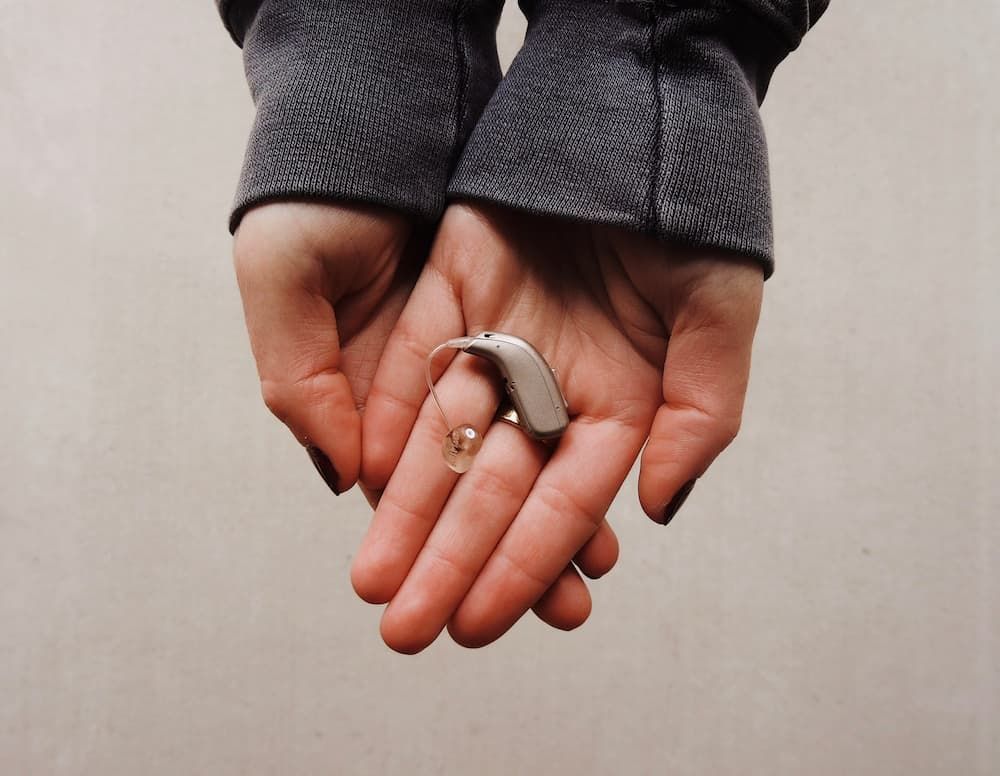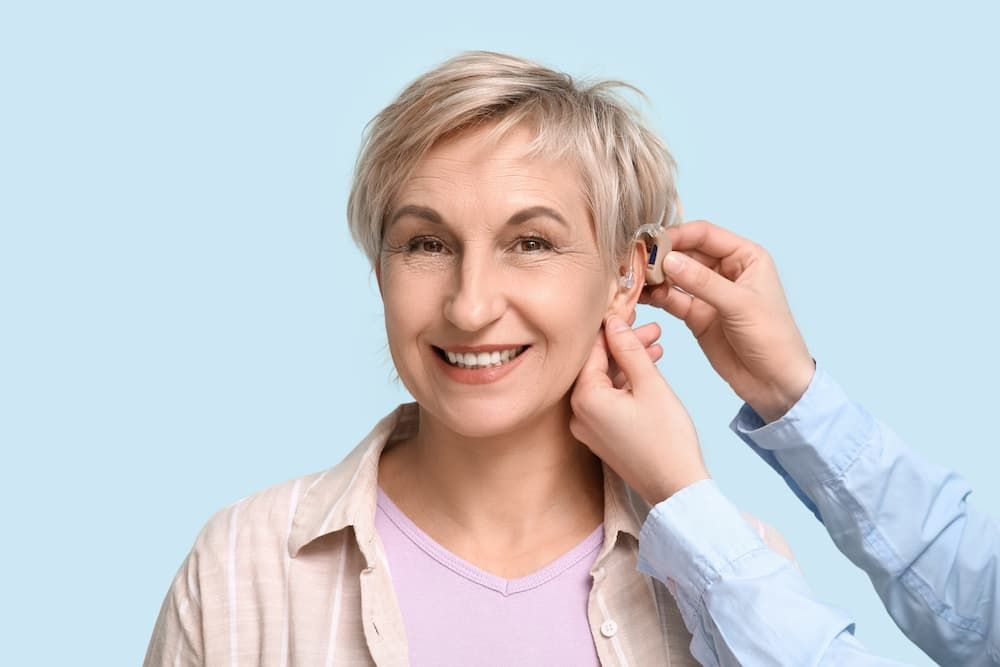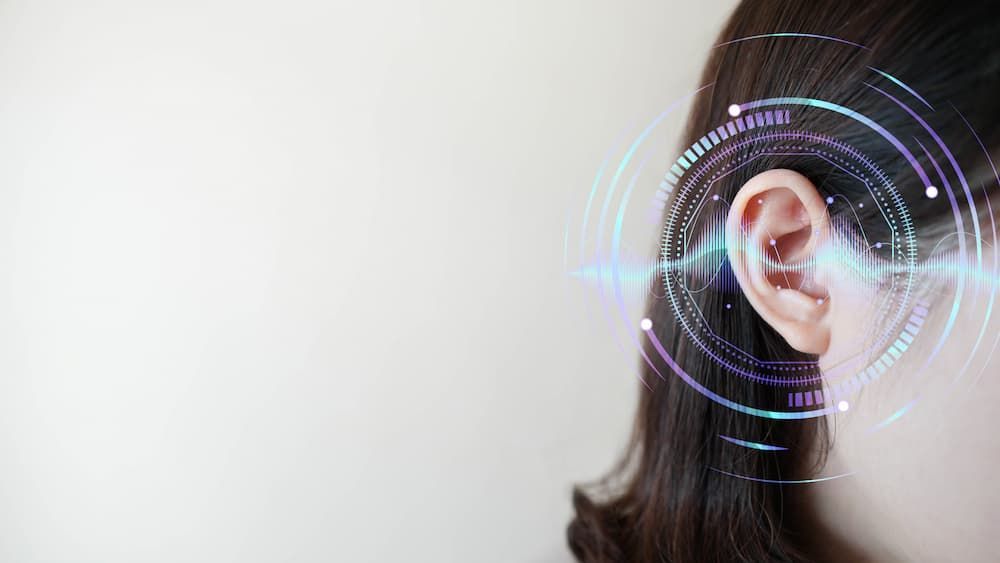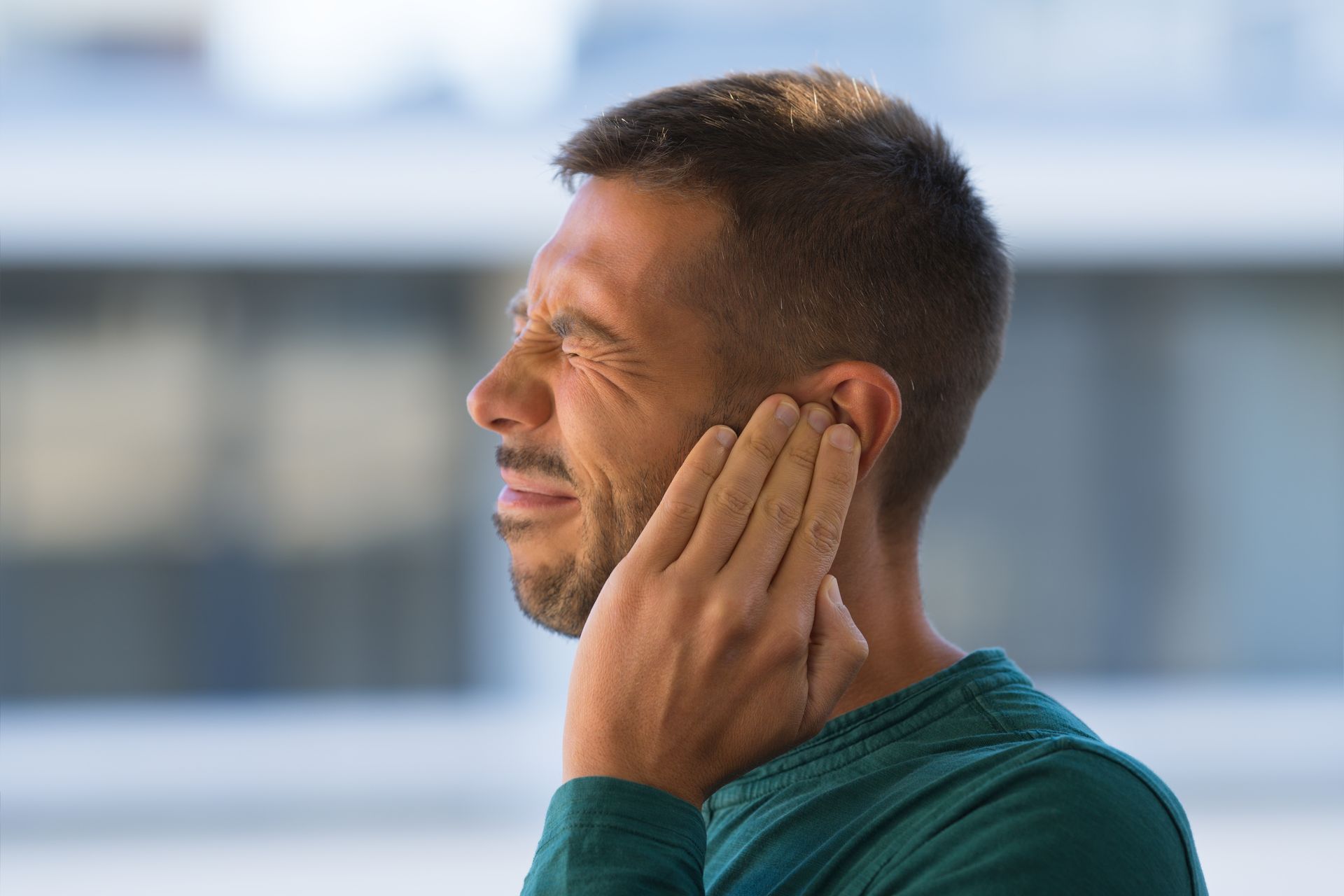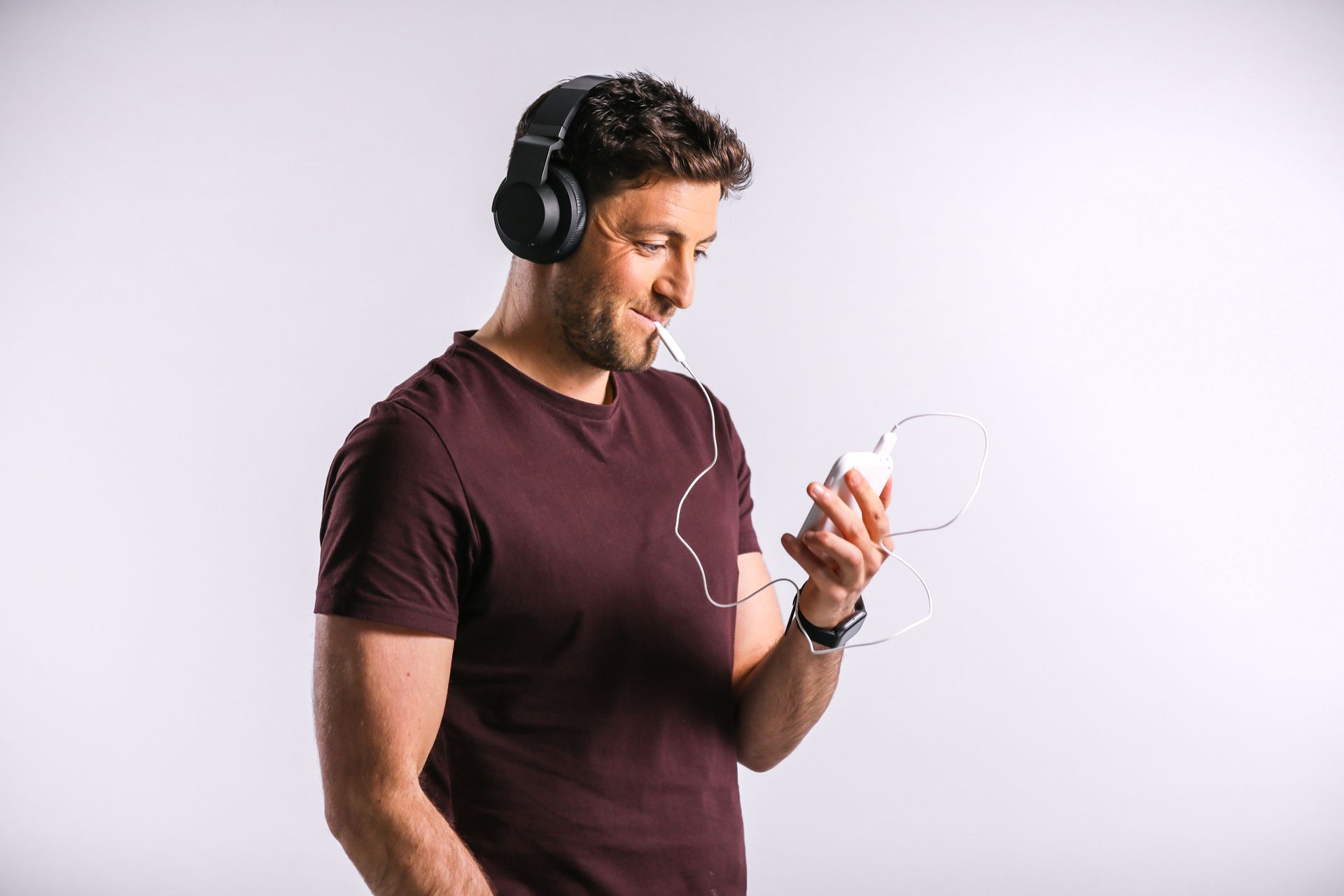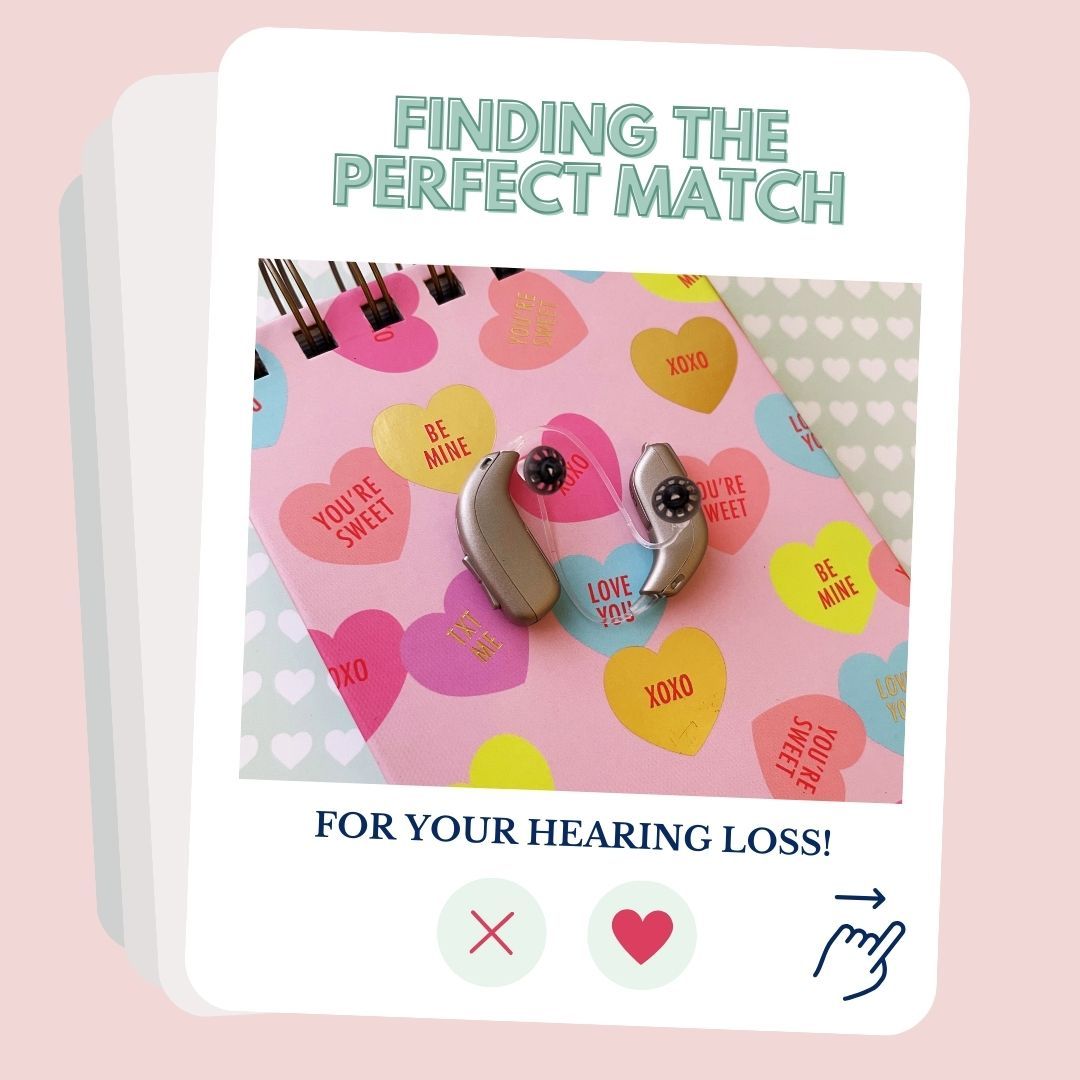Musicians – What’s Your Excuse For Not Wearing Protection?

Musicians – What’s Your Excuse For Not Wearing Protection?
 Did you know – musicians have occupational hazards? Yep, the two biggest dangers to musicians are hearing loss and tinnitus (ringing in the ears). (The occasional food truck burrito gets honorable mention). The quality of life of a musician is diminished over time due to hearing loss, unless proper precautions of hearing protection are taken.
Did you know – musicians have occupational hazards? Yep, the two biggest dangers to musicians are hearing loss and tinnitus (ringing in the ears). (The occasional food truck burrito gets honorable mention). The quality of life of a musician is diminished over time due to hearing loss, unless proper precautions of hearing protection are taken.
Would you voluntarily stand right by an ambulance for a 90-minute set? I sure hope not. But concert-goers and musicians do about the same at loud concerts.
While music is very beneficial for our mental wellbeing and happiness, continuous loud music is not. The good news is that there’s an ingenious way to prevent it, which we’ll get to in a bit.
There's a strong link between hearing problems and professional musicians. Musicians have a 60% greater chance of experiencing tinnitus or ringing in the ears. A large study looked at more than two thousand musicians and found that more than 10% of them suffered from significant hearing loss.
Given that musicians are able to hear a broad range of sounds, their sensitivity to different sound level is high as well. That increase in risk however, overshadows much of the enjoyment of being surrounded by loud music.
Music lovers are affected too. There are growing concerns regarding ever-increasing noise levels in entertainment settings like concerts, cinemas, and festivals. Personal music devices and digital games emit sounds whose levels are dangerous. Loss of hearing can be temporary or permanent. It might take just one concert to cause major damage.
What happens in the ear, exactly?
There are very sensitive hair-like cells in our inner ears called cilia. These hairs become overactive when the noise levels are high. On repeated stimulation, the hairs become weakened and they stop responding to sound. In turn, the nerve that is attached also gets stressed because of not getting any signal. As a result, the brain generates a typical ringing sound. This ringing sensation is called tinnitus. The whole impact of loud noise can be temporary. If the ear gets a break from loud noise — it gets a lifeline.
If you stop the loud music, chances are that the tired hair cells may return to their active state. However, years of prolonged exposure to loud noise may ultimately permanently kill these hair cells and then, unfortunately, the loss of hearing becomes permanent, and the tinnitus becomes challenging to treat.
Awareness and prevention
There should be a raised awareness of the cumulative effect of loud music and lack of protection. The sound levels in parties, restaurants, movie theaters, music festivals and even gyms should be clearly mentioned and advise the visitors to take the necessary protection.
Young musicians should take precautions to reduce the long term impact of loud noise. Generally, moderated use of headphones and earbuds would be a good start. The volume of the personal sound system should be turned down and switched off at regular intervals. All concert halls and music studios should incorporate acoustic designs with sound absorbing panels to reduce the effect of loud noise on people who are inside the room, rather than just soundproofing them.
What can you do?
As a start, being aware of loud environments and ear pressure is important, and removing or distancing yourself from the source is helpful.
Bringing earplugs to events you think might be loud is the next step. We have our recommendations for earplugs beyond the cheap foams, which we list below.
If you feel concerned about your hearing and are experiencing symptoms of tinnitus or hearing loss, it’s not too late. Tinnitus is treatable and loss of hearing can be managed.
Audiologists at the Tinnitus and Hearing Center of Arizona offer a specialized hearing service for the needs of musicians, sound engineers, and members of the entertainment industry.
As trained audiologists, we would diagnose and treat a musician effectively. An initial consultation may include a pressure test, testing your eardrum and a few other standard hearing tests. They are all very quick and painless. The next steps will be taken based on the test results.
We would discuss hearing protection, conservation and preservation. You may be offered custom-fit or musicians earplugs or in-ear monitors (IEM). These would help empower you to improve your quality of life while keeping your condition discreet and you can continue to enjoy the music.
There’s no easy way to say this, but…
Loud music damages the ears. Before you realize it, loud music has altered the inner ear, causing a ringing or buzzing sensation called tinnitus, or causing hearing loss – or both.
Plenty Of Excuses To Go ‘Round
Even with all the evidence that loud music causes hearing issues, surveys have found a few common threads, so let’s discuss them here:
1) “By the time I need hearing aids or have tinnitus, technology will have developed replacement ears.”
A patient told me that he thought that very thing 20 years ago, but of course we still don’t have replacement ears. Research is still being done with replacing the cilia (the tiny hair cells that are the receptors of sound in your ear), but even that has its complications. Will we have better technology 20 years from now? Sure, but don’t risk your hearing on the hope of technology saving you. Keep and preserve what you’ve got now, which is certainly better than robot ears.
2) “I just can’t hear the same with earplugs on stage, and it affects my performance.”
If you’re using the cheap foam earplugs you find at the pharmacy, then that would explain why you can’t hear naturally. They’re simply not designed for sounding good. They sound plugged up, mid-range heavy, and congested. By contrast, there are speciality earplugs made specifically for musicians, called, you guessed it – “Musicians Earplugs.” These custom molded earplugs have two great features:
a) They are "flat frequency" designs, so you’ll hear the same spectrum of frequencies – from the deep bass to the shimmer of cymbals – but the sound pressure level is lowered, so it’s like you turned down the volume on everything. Again, remember the ambulance scenario referenced above – if you can reduce the decibels you can reduce your risk of hearing damage.
b) Musician ear plugs have removable filters that you can customize to your environment. These little discs pop in and out of the earplugs, and come in three dB (decibel) levels – 9dB, 15dB, and 25dB. Loud concert? Use the 25’s. Restaurant or nightclub conversation? Use the 9’s. We feel this is the customizeable and best hearing protection you can buy.
3) “Earplugs are uncomfortable and hard to get in and out.”
This is common with people that use the cheap foam earplugs, and they’re right – they feel unnatural and are hard to insert properly. By contrast, the Musician Earplugs are customized to your individual ear canal, so they’re a perfect fit every time you use them. You’d schedule a visit with your audiologist (like us, hello!), and they would take an impression of your right and left ear canals. The impressions get sent in to the manufacturer, and in a week or so you’d get the reusable ear plugs back.
These custom ear plugs usually cost about $150 or so. One patient reported that "it's the best $150 I ever spent." Certainly more than the $5 at the pharmacy for the cheap foamies, but, how much is your hearing worth? How valuable is it to not have ringing in your ears, night and day, or struggling to hear everyday conversations due to hearing loss? Your future self will thank you profusely for taking care of your ears now.
What are the
best earplugs for musicians?
We're proud distributors of the Sensaphonics brand, which are made of premium silicone unlike other manufacturers. Vinyl used by other companies shrinks over time, and will progressively get looser in your ear canal, allowing sound to enter in - the very thing you're trying to prevent! We carefully chose Sensaphonics and we've been extremely happy with their products and service. They even make sleeves for those generic fitting Shure monitors, giving them a more customized fit, feel, and look.
Sensaphonics also happens to be our choice for the best earplugs for concerts. You can read more about our Musician's Clinic products and services here.
The most valuable instrument you own
At Tinnitus and Hearing Center of Arizona, we’ve fit countless musicians with custom ear plugs – from members of the Phoenix Symphony to the Gin Blossoms and members of Pink’s band. We just had a member of Night Ranger in here, as well as jam band Spafford to get fit for musician ear plugs and in-ear monitors.
We understand musician’s needs – so much so that we’re known as “The Musician’s Clinic.” We know the concerns musicians have about their ears and hearing, and have designed effective strategies to combat hearing loss, tinnitus, and other hearing conditions.
Curious about the status of your hearing? Schedule a hearing test today. Just like we get our vision tested every so often, when is the last time you had your ears checked? Musicians value their hearing, so treat your hearing like the most valuable instrument you own.
Call us today at (480) 831-6159 , or use our convenient online scheduler.
The information provided in this article is not meant to be medical advice and is for educational purposes only. If you would like to learn more about this and other hearing-related topics, feel free to contact Tinnitus & Hearing Center of Arizona by clicking here or by calling 480-831-6159.
